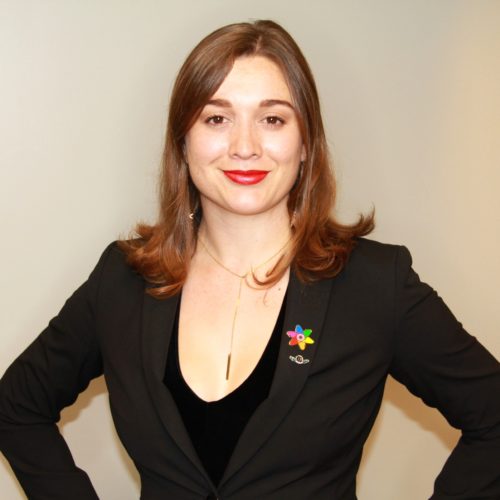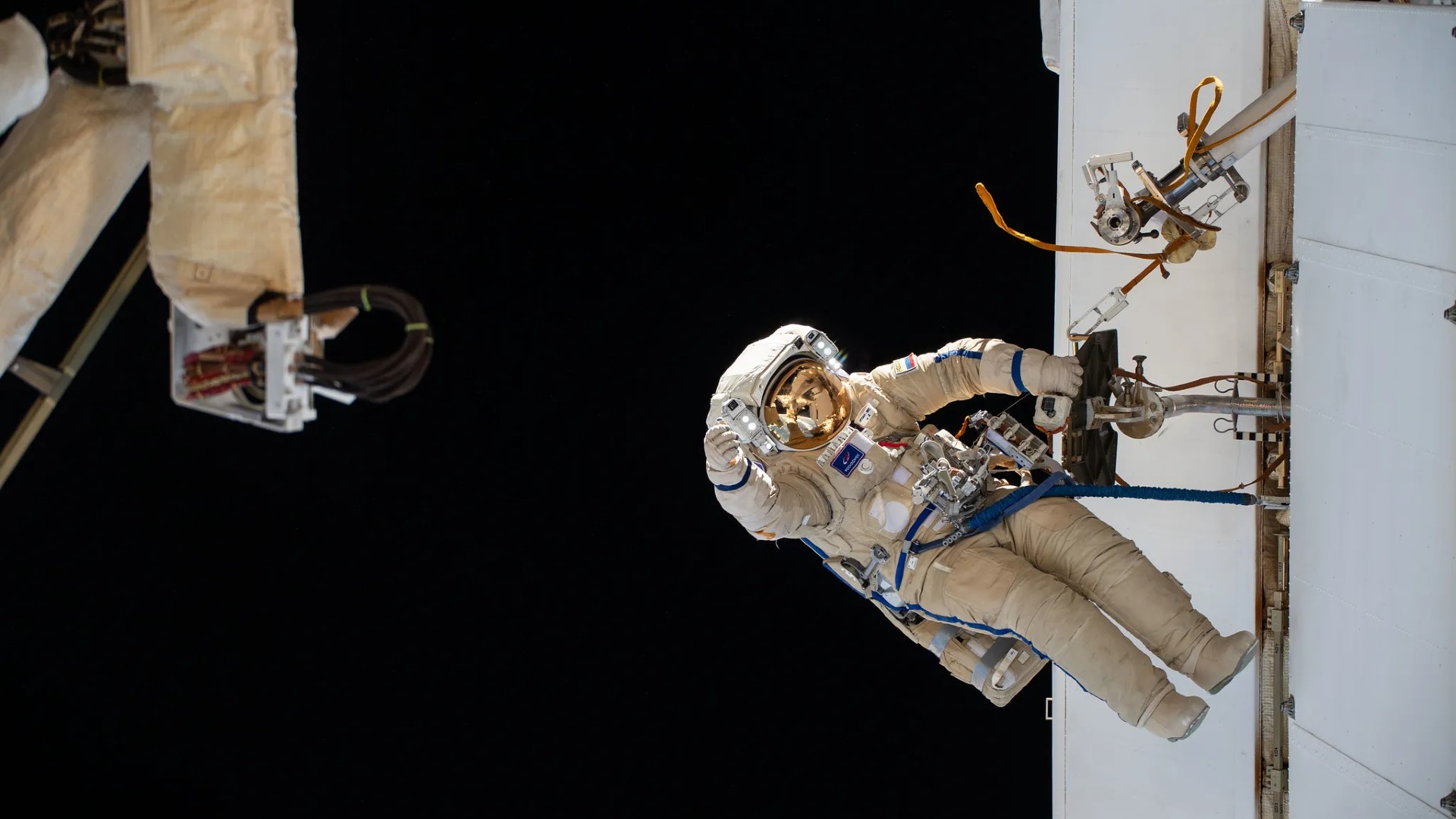Out Astronaut and Microgravity Flight Contest Winners Announced

Breaking space news, the latest updates on rocket launches, skywatching events and more!
You are now subscribed
Your newsletter sign-up was successful
Want to add more newsletters?

Delivered daily
Daily Newsletter
Breaking space news, the latest updates on rocket launches, skywatching events and more!

Once a month
Watch This Space
Sign up to our monthly entertainment newsletter to keep up with all our coverage of the latest sci-fi and space movies, tv shows, games and books.

Once a week
Night Sky This Week
Discover this week's must-see night sky events, moon phases, and stunning astrophotos. Sign up for our skywatching newsletter and explore the universe with us!

Twice a month
Strange New Words
Space.com's Sci-Fi Reader's Club. Read a sci-fi short story every month and join a virtual community of fellow science fiction fans!
A nonprofit organization has announced the winners of two international contests that support under-represented minorities in science and space.
Shannon Gatta, a student at the University of Washington who identifies as pansexual, has won the first phase of the "Out Astronaut" contest and will soon begin training for a possible spaceflight. (More phases of the contest may take place in future years, depending on how well fundraising efforts go.)
Gatta will receive a grant to attend the Advanced PoSSUM Space Academy at the Embry-Riddle Aeronautical University in Daytona Beach, Florida. PoSSUM (which stands for Polar Suborbital Science in the Upper Mesosphere) is a nonprofit organization that does upper atmospheric and space technology research. Gatta's résumé includes roles as a flight software engineer at NASA, a systems engineer for Ball Aerospace and served in the military, where she was one of the few women in her unit.
Related: Why Aren't There Any Openly Gay Astronauts?
"This is an incredible honor to be selected to be the first astronaut candidate under the Out Astronaut organization," Gatta said in a statement. "Thanks to them, I'm able to serve openly and without apology as a queer woman while training for a research mission to space. I plan to show the world that identifying openly as LGBTQ+ should not be seen as a limitation to success, and crossing the frontiers of space will inspire the community to achieve authentically, and for the world to accept us as we are."
Also, PoSSUM announced today (Sept. 20) that 16-year-old Ivanna Margarita Hernández Ramírez, from Grupo Educativo More of Santa Marta, Colombia, won the first PoSSUM 13 International Microgravity Flight Challenge. This contest invited female-led student teams to propose a flight experiment that would travel on a parabolic flight with Canada's National Research Council. The airplane will fly parabolas that simulate microgravity conditions for a few seconds at a time.
Hernández 's research project, called "Magnetic Force in Microgravity," is examining how Lorentz forces (forces exerted on charged particles moving through electromagnetic fields) control an object's movement in microgravity conditions. Hernández's idea could be applied to create artificial gravity, PoSSUM representatives said.
Breaking space news, the latest updates on rocket launches, skywatching events and more!
Hernández also will conduct two finalists' experiments during the microgravity flight. One involves the separation of water and oil in microgravity (from Escuela Secundaria Técnica N57 in Sinaloa, Mexico), and the other examines energy generation and transformation (from Colegio Interamericano de Guatemala).
PoSSUM plans to have more iterations of each contest. You can learn more about Out Astronaut here and PoSSUM 13 here.
- Astronaut Sally Ride: In Her Own Words
- Men, Women … and Mars: How Gender Diversity Is Key for Success on the Red Planet
- Students Relive Apollo 11 Moon Landing with NASA's 'Next Giant Leap' Challenge
Follow Elizabeth Howell on Twitter @howellspace. Follow us on Twitter @Spacedotcom and on Facebook.

Elizabeth Howell (she/her), Ph.D., was a staff writer in the spaceflight channel between 2022 and 2024 specializing in Canadian space news. She was contributing writer for Space.com for 10 years from 2012 to 2024. Elizabeth's reporting includes multiple exclusives with the White House, leading world coverage about a lost-and-found space tomato on the International Space Station, witnessing five human spaceflight launches on two continents, flying parabolic, working inside a spacesuit, and participating in a simulated Mars mission. Her latest book, "Why Am I Taller?" (ECW Press, 2022) is co-written with astronaut Dave Williams.
